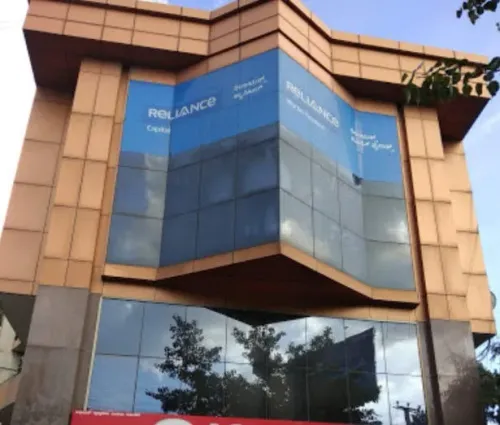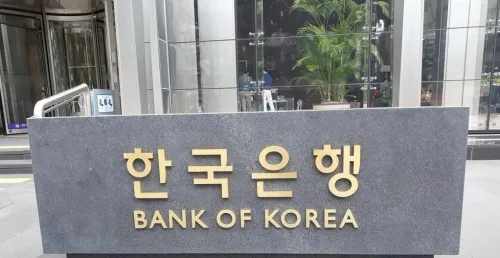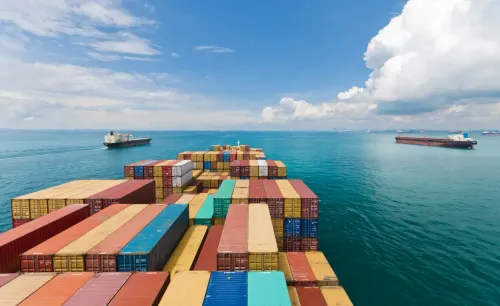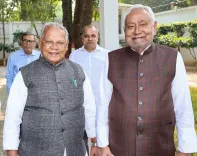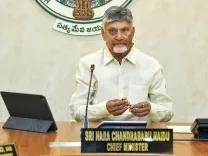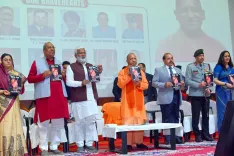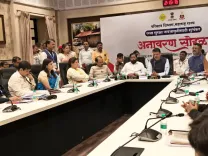India must seize the moment in global trade to lead in cleantech: Amitabh Kant
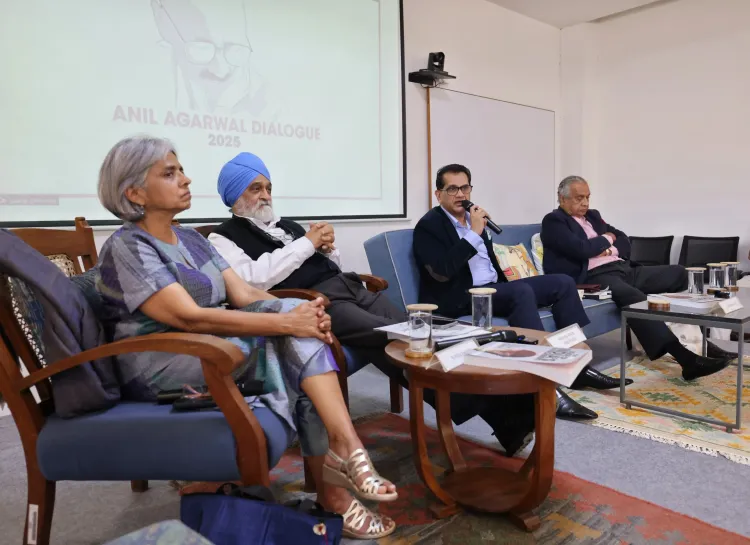
Synopsis
Key Takeaways
- India has a unique opportunity in cleantech manufacturing.
- Municipal governance challenges have exacerbated pollution.
- Water pricing is crucial for sustainable resource management.
- India risks dependency on China if it doesn't invest in battery manufacturing.
- Governance reforms are essential for economic success.
New Delhi, Feb 26 (NationPress) Geopolitical instability has disrupted global trade, creating a vacuum that India must leverage to enhance its cleantech manufacturing and drive economic growth, stated Amitabh Kant, former CEO of NITI Aayog and India’s G20 Sherpa, on Wednesday.
During his remarks at the annual Anil Agarwal Dialogue, hosted by the Centre for Science and Environment, Amitabh Kant emphasized India’s potential to emerge as a global frontrunner in battery production, as well as the manufacturing of electric two-wheelers and three-wheelers, along with other sustainable industries.
"This presents a tremendous opportunity for India to establish itself in battery manufacturing. If we fail to capitalize on this, we risk becoming a colony reliant on imports from China, leading to a surge in our imports of clean technology, surpassing even our oil imports," he remarked.
He referenced how China advanced its position after US President Donald Trump withdrew from the Paris Agreement in 2016.
Consequently, China now dominates 80 percent of the world’s critical minerals. Kant believes a similar opportunity is emerging for India, which should be seized to bolster its clean-tech sector.
However, he also addressed the shortcomings in India's municipal governance, claiming that inadequate management has exacerbated pollution and urban challenges.
"If 42 of India’s cities rank among the 50 most polluted globally, it indicates a significant failure in municipal governance," he stated.
He remarked that this issue is unrelated to financial resources or the Central government.
Kant underscored the necessity for better pricing of water and electricity to curb wastefulness, arguing that free electricity has led to excessive groundwater extraction.
He proposed a pricing framework where lower consumers pay reduced rates while heavy consumers face substantially higher charges.
"I completely concur that water should be priced, as India, home to 17 percent of the global population, possesses merely 4 percent of the water supply," he pointed out.
He also noted that agriculture accounts for 90 percent of water usage.
“This implies that crops like rice and sugar cane are consuming our water resources. We are effectively exporting virtual water through products like basmati rice," he added.
Referencing Singapore’s evolution from a per capita income of $600 in 1965 to $90,000 today, he asserted that India can achieve similar success through enhanced governance and economic reforms.


